Did you know that the National Association for the Education of Young Children (our early childhood professional organization here in the U.S.) along with over 30 national organizations has taken a strong stand against suspension and expulsion in early childhood programs, right?
You can read more and get some resources on this topic here:
www.naeyc.org/standing-together-against-suspension-expulsion-early-childhood-resources
This isn’t breaking news. But it’s essential that we keep revisiting it until we stop telling families “I need you to pick up Rosa early, she’s hitting again (which in actuality is a part day suspension) and “We just don’t think our program is a good fit for Joshua’s needs” (this is expulsion).
I KNOW. It’s TOUGH.
You’ve got that child who is biting everyday…sometimes multiple times per day. The other parents are upset. You’re worried multiple other families will leave…or you just don’t like people being upset. You’re at your wit's end. You don’t know what to do. Asking a child to get picked up early or leave your program seems like the only or most logical solution.
…you’re struggling with children destroying property….chair throwing…kids who are hurting other children and teachers. In many cases it’s chronic and the behavior is severe.
Some of these children are big and strong for their age and the impact of their aggression is serious.
And, either you haven’t received much training in how to support children who exhibit this type of challenging behavior…or the strategies you’re told to use just don’t work.
It’s a commitment to decide you will no longer ask children to leave or get picked up early.
It’s not easy. Building your capacity to successfully and consistently support children who exhibit severe or chronic challenging behavior can seem daunting and like it can require extensive schooling or training.
It might seem like knowing what to do about challenging behavior is for the specialists, right?
Only special educators, mental health professionals, and behavior consultants know how to effectively support children who exhibit severe and chronic challenging behavior, right?
Well, actually: no.
That’s a myth!
I have seen teachers with a WIDE range of experience and education be successful with even some of the most severe challenging behavior.
YES, we need to keep getting you and your colleagues training and support.
YES, we should all strive to be lifelong learners and learn from the experts.
And, everyday early childhood teachers CAN be successful with all types of challenging behavior.
Next week I’m going to share the 6 things that I see teachers who are consistently successful doing.
I’m going to ask you to make sure you’re consistently doing these 6 things before asking a child to leave your program.
If you’re here in the U.S. I also urge you to call your local early childhood Resource and Referral agency to ask what support (consultation or coaching) might be available to you, sometimes for free.
Be sure to read the NAEYC statement on suspension and expulsion so you really understand why this is so important and why we desperately need you to keep trying and trust that you can do this.
Instead of commenting below this time, I would rather have you click over to the NAEYC resource linked above and spend the 5 minutes to read that!

